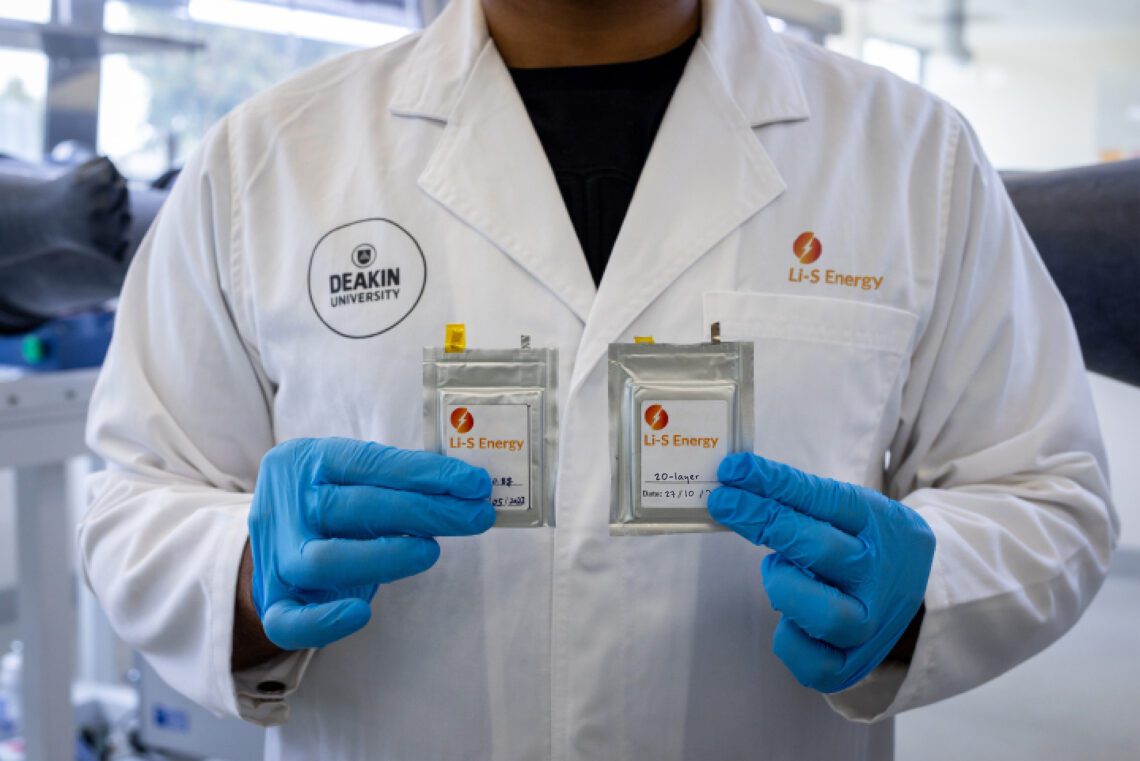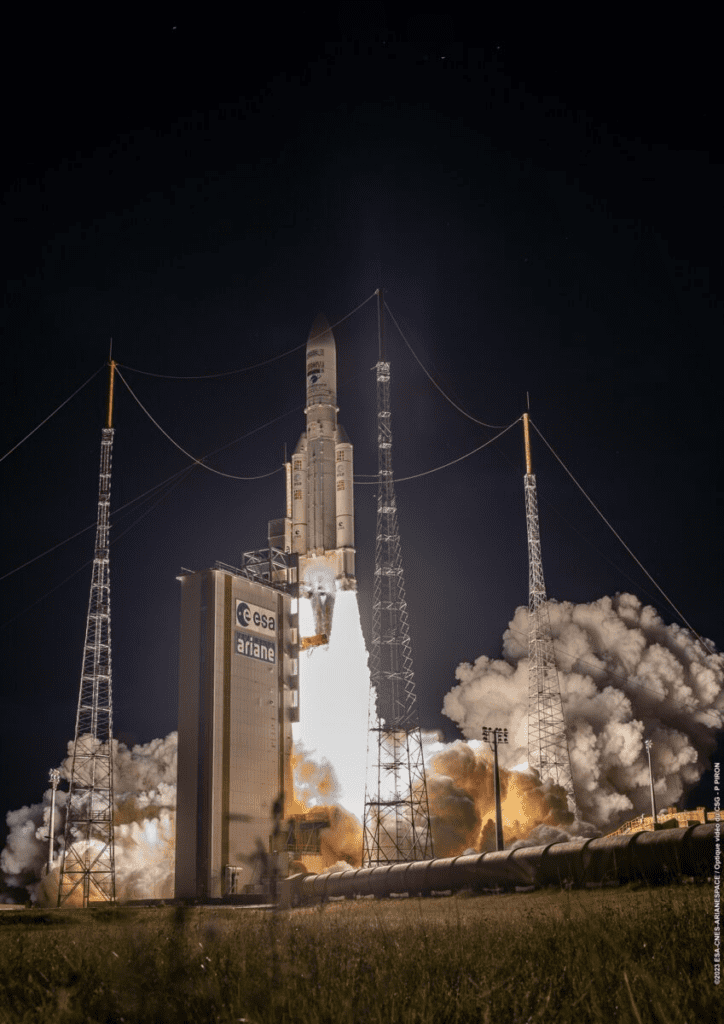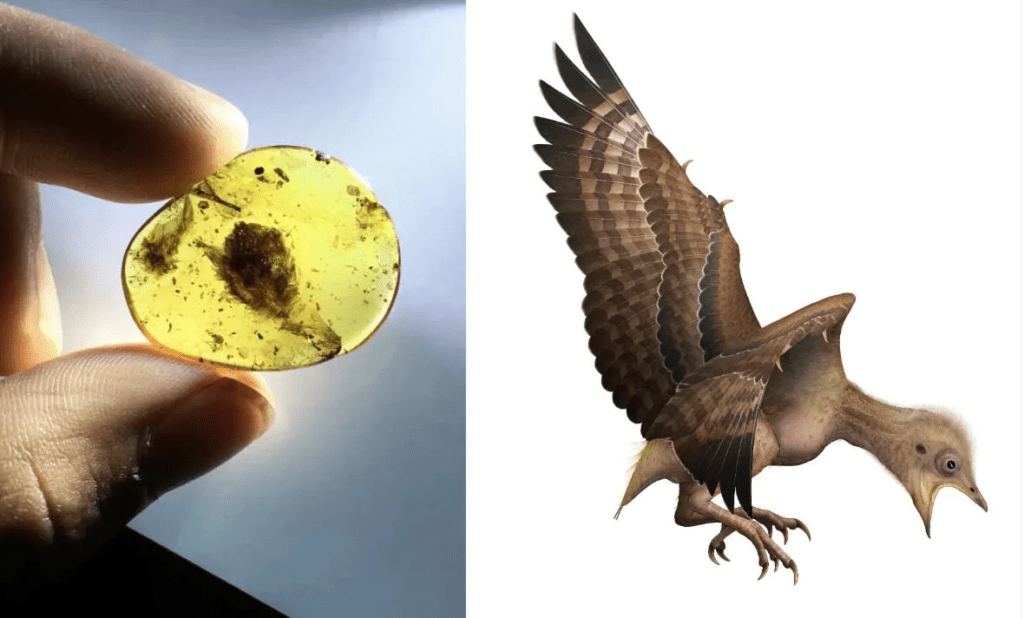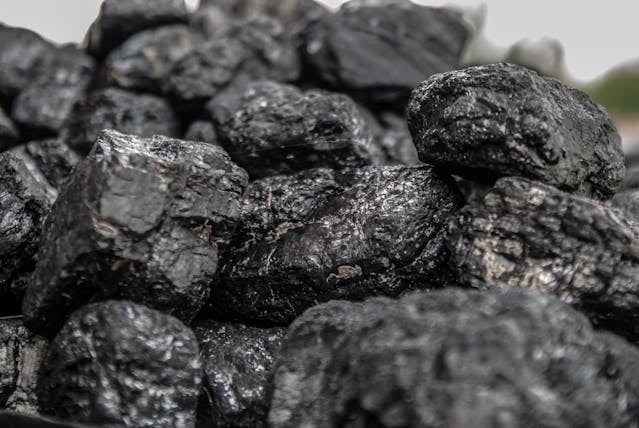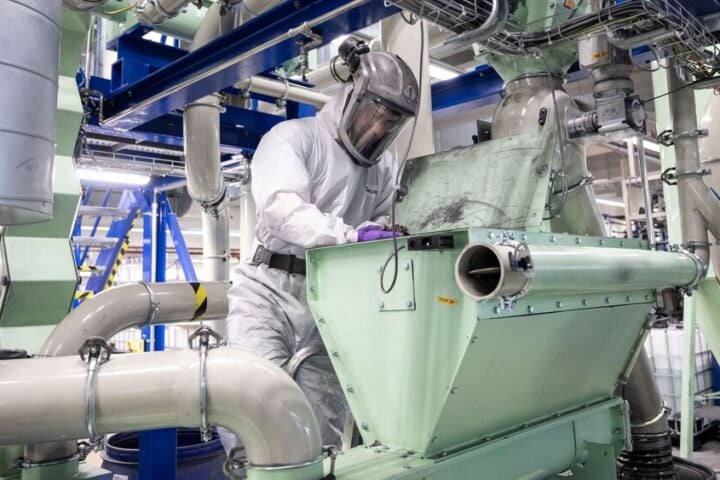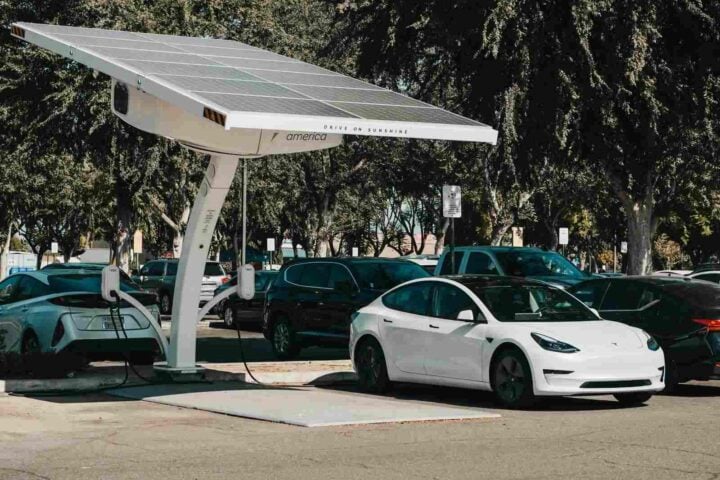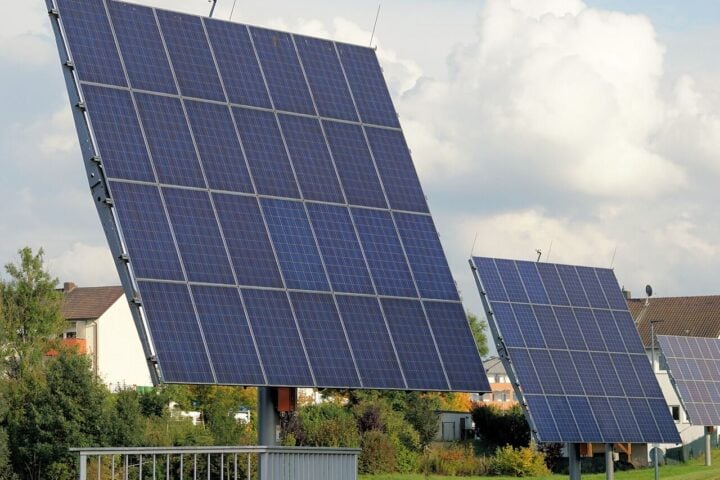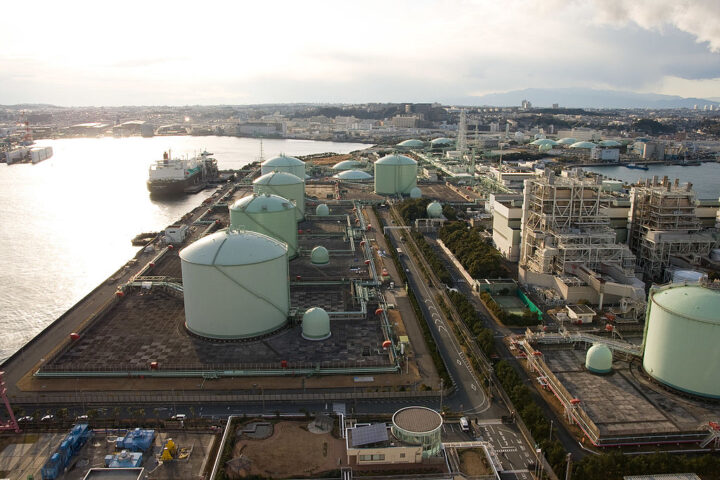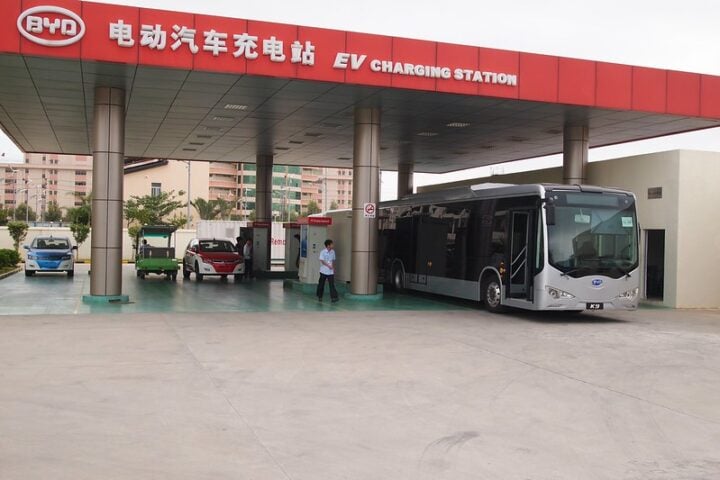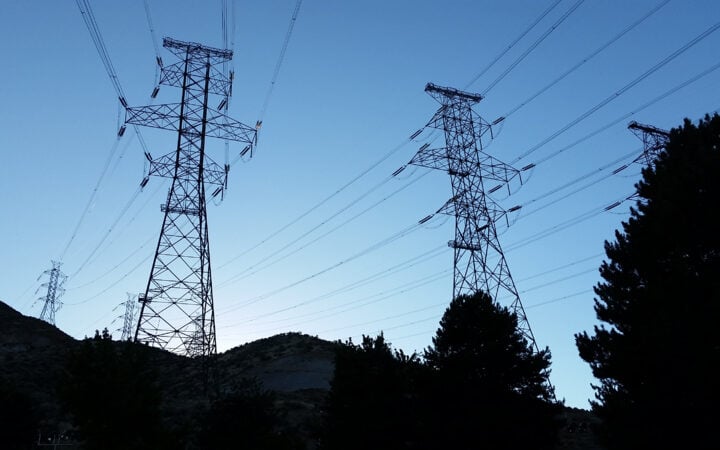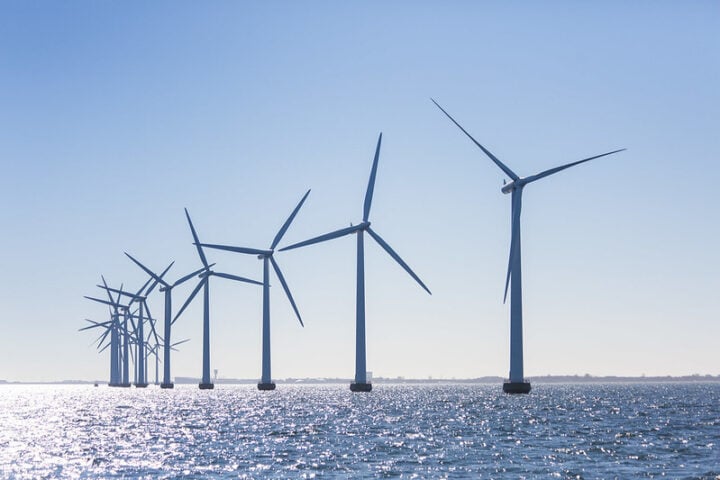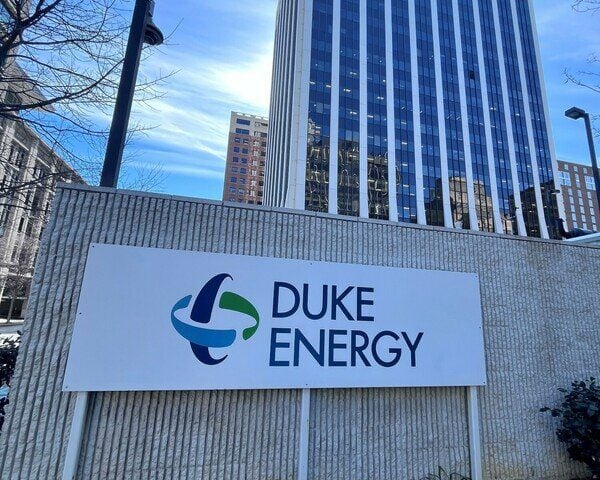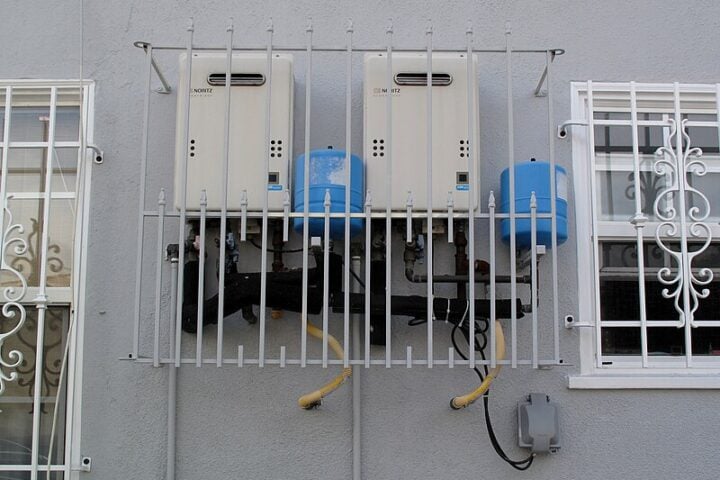The final version of semi-solid-state lithium-sulfur technology was recently introduced by Brisbane-based Li-S Energy in its first 20-layer battery cells. In contrast with previous lithium-sulfur and lithium-ion cells that employed high-flammability electrolytes, the new 20-layer cells use a low-flammability electrolyte.
Li-S Energy utilized its distinctive li-nanomesh technology, which incorporates boron nitride nanotubes (BNNTs) in the structure of cells, to enhance safety while preventing dendrite growth. The 20-layer battery cells of Li-S Energy boast a phenomenal volumetric energy density of 540 Watt-hours per liter, which is a 45% increase over their second-generation cells.
The cells perform nearly twice as well as modern lithium-ion (Li-ion) cells in terms of gravimetric density, yet maintain an identical volumetric energy density of over 400 Watt-hours per kilo. These 20-layer cells produced by Li-S Energy were similar in size to the current battery structures made up of lithium ion yet weighed only half as much, offering a considerable weight reduction advantage.
The concerns about security associated with Li-S Energy’s battery cells are easily addressed by the use of a low-flammability electrolyte. A lithium-sulfur technology created by Li-S Energy wants to provide an even and superior performance along with a sustainable alternative to batteries made of lithium-ion that is thinner, cleaner, and has a higher capacity.
Similar Post
The application of nanomaterials, nanotubes, and Li-nanomesh in the development of Li-S Energy’s cells for batteries demonstrates their commitment to employing the latest developments for improved strength, life cycle, and performance. The recent achievement by Li-S Energy shows significant progress made in the previous decades, particularly in terms of the quantity of energy that can be retained per unit of weight.
Li-S Energy believes that GEN3 cells will attract significant commercial interest from high-value partners, particularly in sectors such as drones and e-Aviation. Thanks to their enhanced security, high power density, and decreased weight, the combined e-Aviation and drone battery markets are projected to reach $32 billion a year by 2035, based on the growth estimates provided by research organizations, which offers an enormous market opportunity.
The GEN3 cells from Li-S Energy perform better in terms of energy density over existing lithium iron phosphate (LFP) and nickel-cobalt-manganese (NCM) cells, providing them with a competitive edge in the battery business. Tesla’s 4680 cells, which are available on the Model Y AWD, are believed to have an energy density of 272 to 296 Wh/kg.
Because the company has already established partnerships in the drone and e-Aviation industries, Li-S Energy’s batteries offer the potential to have more broad applications, such as space exploration, where their technology could assist NASA in their mission to send individuals to Mars.
Advancements in nanotechnology by Li-S Energy also have terrestrial applications, particularly in high-flying sectors like drones and e-Aviation, where the business expects rapid advancement. Li-S Energy’s aim is to begin manufacturing commercial samples as quickly as feasible for partners in the months to come, which indicates progress towards marketing their innovative battery technology.
As the demand for energy storage increases, more efficient batteries are vital, and reducing reliance on invasive mining for the metals used in batteries contributes to a more sustainable approach. Li-S Energy has been pitched as an achievable option for extending driving range anxiety and boosting EV adoption because of the company’s capacity to produce batteries with a 45% higher energy density than previous versions.
“The development of these new battery cells is another validation of the strength of our scientific and technical teams, and our collaboration with Deakin University and other Australian and international institutions. This outcome demonstrates the strength of our progress over the last year. In the coming months we look forward to commencing the production of commercial samples for our partners.”
Lee Finniear, Li-S Energy CEO
Li-S Energy’s utilization of registered nanomaterials, nanotubes, and nanocomposite Li-nanomesh shows a commitment to the most recent advances in science and technology. The development in battery technology achieved by Li-S Energy is evidence of the strength and technological expertise of their teams as well as their collaborations with Australian and international institutions.
To generate a datasheet that complies with the requirements for these innovative batteries, the Li-S Energy development team is actively working on cell testing and defining the new 20-layer cells. Li-S Energy produces lighter batteries free of bulky metals like nickel, cobalt, and cadmium, as it is at the forefront of Australia’s developing local battery supply chain.
The reality of Li-S Energy is that it is a player in battery technology, as buyers have an interest in its innovative products, which can be observed in the reality that its shares are traded on the Australian Stock Exchange (ASX). The ongoing advancement of Li-S Energy’s battery technology aids in the growth of all energy storage solutions, paving the way for a future that is cleaner and more sustainable.
Due to its strong commitment to advancement in technology, scientific innovation, and collaborations, Li-S Energy is a pioneering force in the battery business, reshaping the field of energy storage for a variety of applications.
